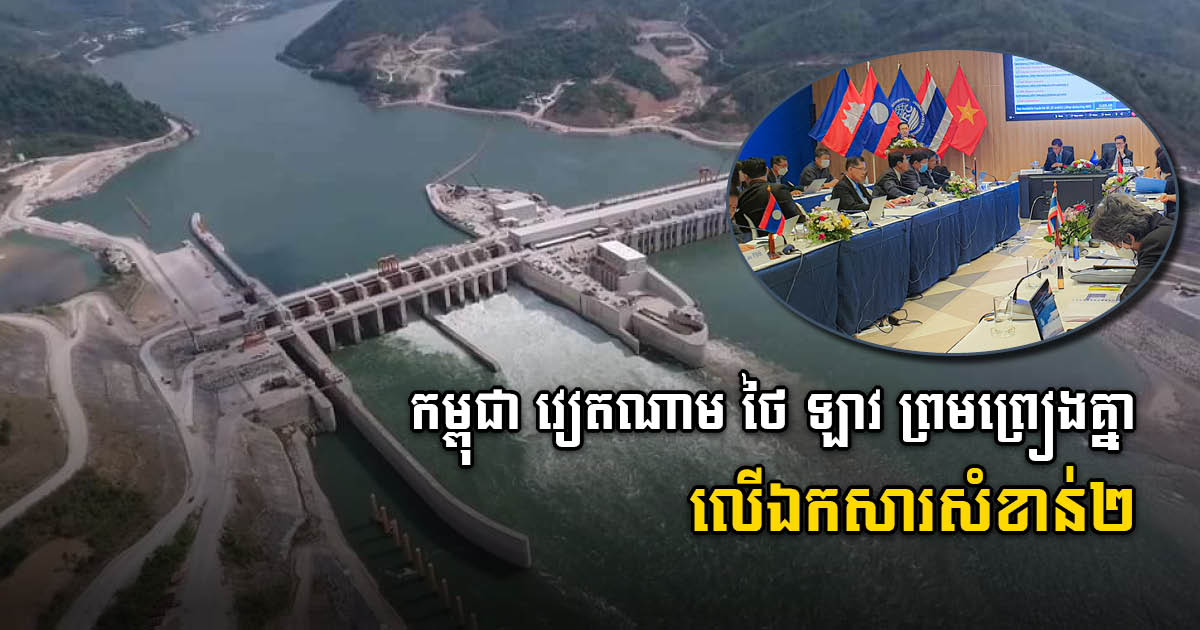Cambodia Secures USD 40 Million from Green Climate Fund for REDD+ Program
Cambodia has secured USD 40 million from the Green Climate Fund (GCF) to advance its national REDD+ program, aimed at reducing emissions from deforestation and forest degradation. Environment Minister HE Dr. Eang Sophallet made the announcement during a meeting with World Bank Representative Ms. Salimata D. Follea on March 26, 2025. Recognized as a global […]
Star Engineers The World’s Most Complex Machine, ITER’s Fusion Reactor, is Pushing 4D Visualization to the Next Level
By Sean O’Neill Clarity is invaluable for a project as staggeringly complex as the international fusion experiment. The project, also known as the International Thermonuclear Experimental Reactor (ITER), is being built in France and is one of the most ambitious scientific collaborations in history—in the same league as the and the International Space Station. Dubbed […]
EU Partners with Cambodia to Enhance Energy Efficiency with €6 Million Grant
In an important stride towards sustainable industrial development, the European Union has announced a €6 million grant aimed at boosting energy efficiency within Cambodia’s industrial sector. This initiative was revealed during a productive meeting between HE Hem Vandy, Cambodia’s Minister of Industry, Science, Technology and Innovation, and an EU delegation in Phnom Penh. The discussions […]
Cambodia Implements New Regulations for Electrical and Electronic Waste Management
In a significant move to enhance environmental safety, the Ministry of Environment in Cambodia has established new guidelines for the management of electrical and electronic waste (e-waste). This initiative, outlined in Prakas No. 2196/0325 dated March 18, 2025, aims to ensure that manufacturers, importers, and exclusive suppliers of electrical and electronic equipment adhere to environmentally […]
Prime Minister Hun Manet Advocates for Preservation of Ecotourism Areas
In a fervent address at the opening ceremony of the 9th River Festival, Cambodian Prime Minister Hun Sen emphasized the importance of protecting the nation’s ecotourism areas from high-rise developments and intrusive residential projects. The Prime Minister urged local authorities to meticulously scrutinize any proposed developments from the private sector that could compromise the integrity […]
EnerCam Received the Permit for Oil and Gas Exploration in Cambodia
EnerCam Resources Co. Ltd., a subsidiary of ANGKOR RESOURCES CORP (ARC), has received formal approval to proceed with its oil and gas exploration project in Block VIII, located onshore in southwestern Cambodia. The permit, issued on March 9, 2025, marks a significant milestone in Cambodia’s energy sector. With this approval, EnerCam is set to begin […]



 ខ្មែរ
ខ្មែរ







